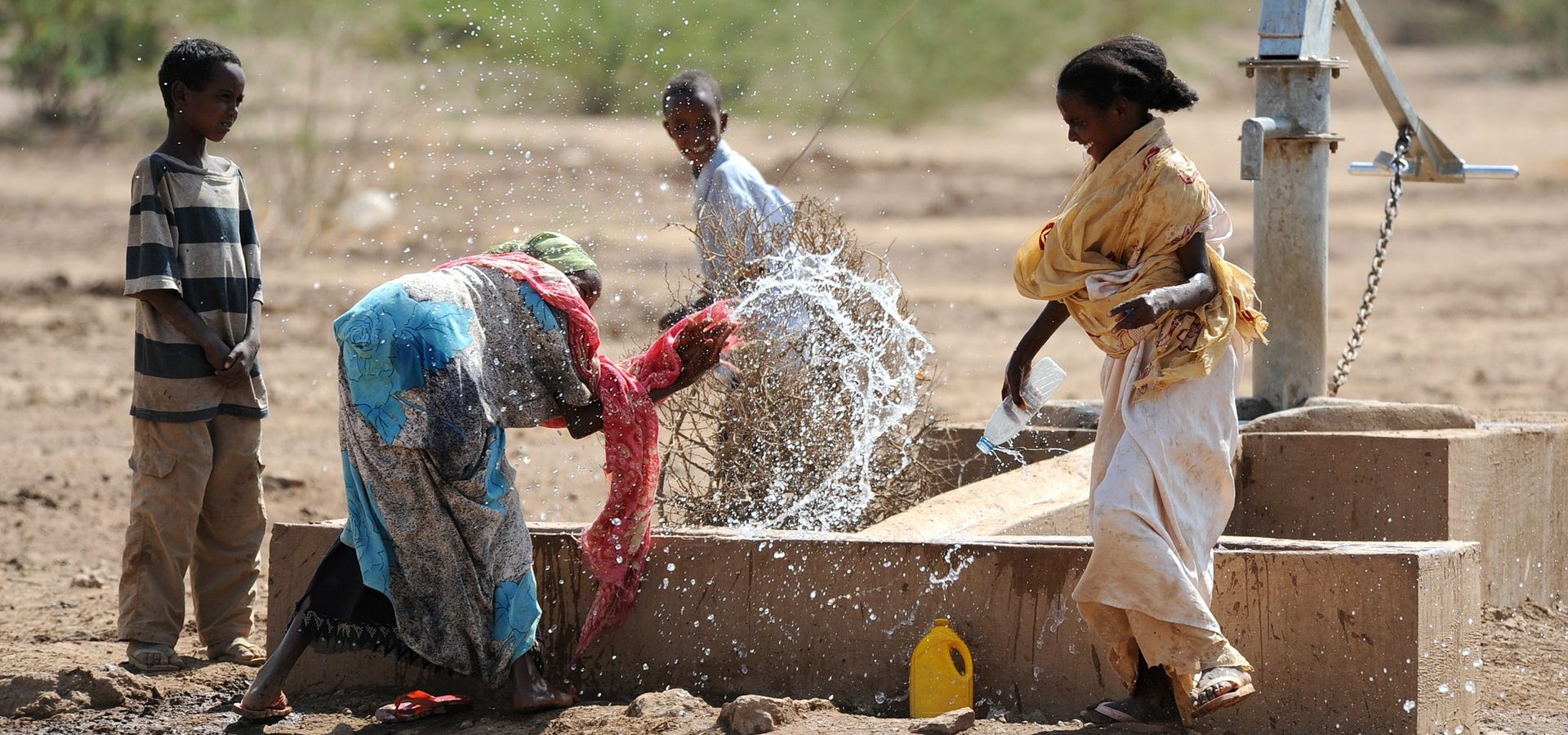The Global Fund to Fight AIDS, Tuberculosis and Malaria recently released a new five-year strategy, following a long period of engagement with civil society and the global health community. The 2023–2028 strategy is entitled: Fighting Pandemics and Building a Healthier and More Equitable World.
Global Fund pledges first to enhance its impact – reversing the damaging impact the COVID-19 pandemic has had on progress against the three diseases and towards achieving Universal Health Coverage (UHC). To do this, Global Fund have incorporated several new elements, not included in previous strategies. These include: a stronger role and voice for communities living with and affected by the diseases; greater focus on accelerating the equitable deployment of and access to innovations; and much greater emphasis on data-driven decision-making. Malaria Consortium has significant expertise in each of these aspects and has worked with Global Fund across Africa and Southeast Asia for the past 20 years.
Global Fund funding is coordinated through country coordinating mechanisms (CCM), national committees that submit funding applications to Global Fund and oversee grants on behalf of their countries. The CCMs include representatives from academic institutions, civil society, faith-based organisations, government, multilateral and bilateral agencies, nongovernmental organisations, people living with the diseases, the private sector and technical agencies. The primary activities of CCMs include:
- Coordinating the development of the national request for funding
- Nominating the Principal Recipient
- Overseeing the implementation of approved grants
- Approving any reprogramming requests
- Ensuring linkages and consistency between Global Fund grants and other national health and development programmes.
We work with CCMs in multiple countries, with our longest relationship of this nature held with the Ethiopia CCM (CCM/E) – our current Ethiopia Country Director (at the time in a previous role), Dr Agonafer Tekalegne, was present at the 2001 United Nations General Assembly in New York, when the Global Fund was officially created. The CCM/E is mandated to strengthen and reflect high-level, sustained national involvement and commitment in scaling up coverage of proven and effective interventions. It works within the health sector, across government ministries and with communities to coordinate with existing programmes in Ethiopia.
Malaria Consortium has worked with the CCM/E, the Federal Ministry of Health and the National Malaria Control Programme (NMCP) to provide technical support; train health workers; improve malaria surveillance and strengthen the health system. We are committed to improving the diagnosis and case management of malaria and have supported the NMCP to roll out revised policies and guidelines nationwide, working with district health teams in highly endemic areas to implement them. We have also delivered a range of behaviour change communications and community outreach activities across Ethiopia with the aim of increasing awareness of malaria amongst affected communities.
Malaria Consortium has grown and developed alongside the CCM/E. Meseret Yenehun, CCM/E Coordinator between 2016 and 2020, said of Agonafer’s contribution:
“Agonafer has been an active participant of CCM/E meetings, always very vocal in expressing the needs of people affected by malaria. In CCM/E and Global Fund platforms, he has worked hard to generate more attention, funding and effective implementation of programmes. He has also been very supportive of the national malaria program and secretary of the Technical Advisory Committee (TAC). He was instrumental in driving issues from CCM/E and TAC meetings for the purposes of alignment between Global Fund and other donor investments.”
Looking ahead, it is important that the global malaria community regains the momentum that was lost during the pandemic. We are increasingly seeing large, traditional donors like the UK’s Foreign, Commonwealth and Development Office (FCDO) direct funding to multilateral organisations like Global Fund, in a move away from bilateral funding. This, coupled with Global Fund’s new five-year strategy, provides an opportunity for non-governmental and civil society organisations interested in receiving Global Fund financing to work together more closely through global health networks. Malaria Consortium will continue to be closely involved with CCMs, ministries of health and national malaria programmes – providing technical support, helping with proposal development, informing communities about Global Fund, and advocating for the continued sharing of resources with the goal of strengthening malaria programming where it is needed most.
